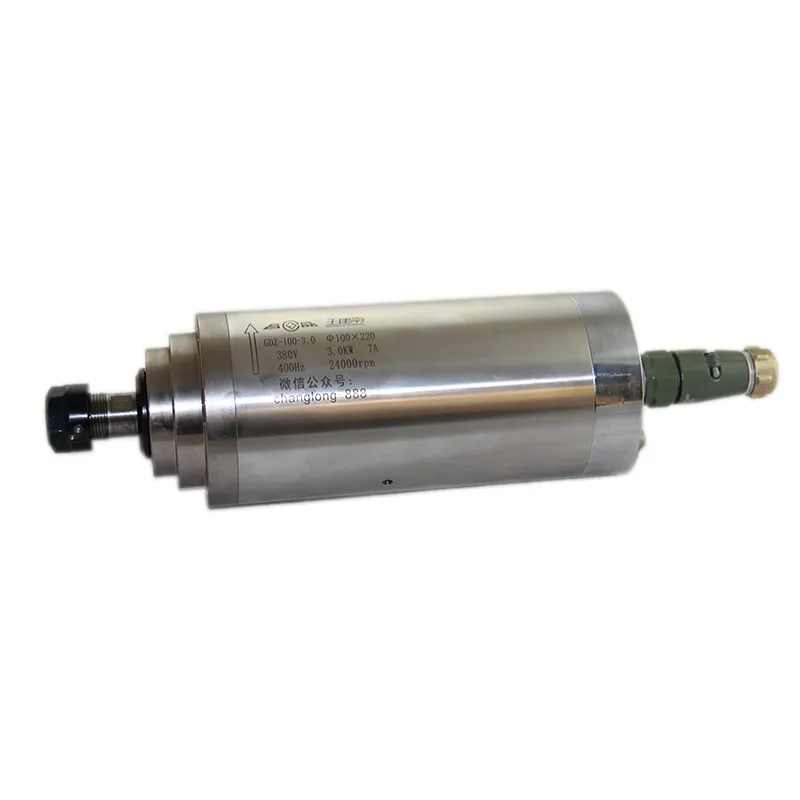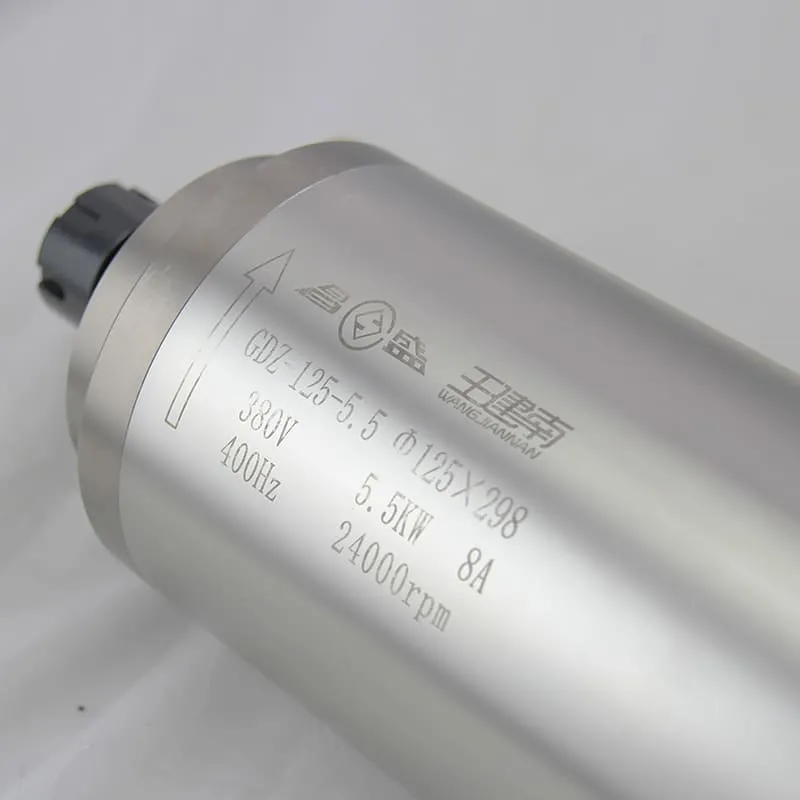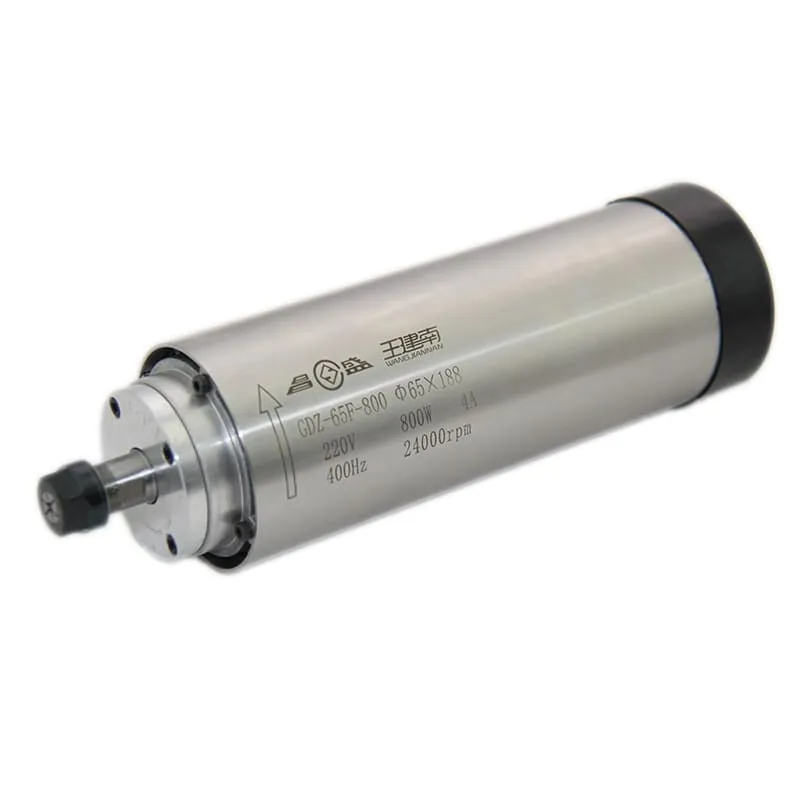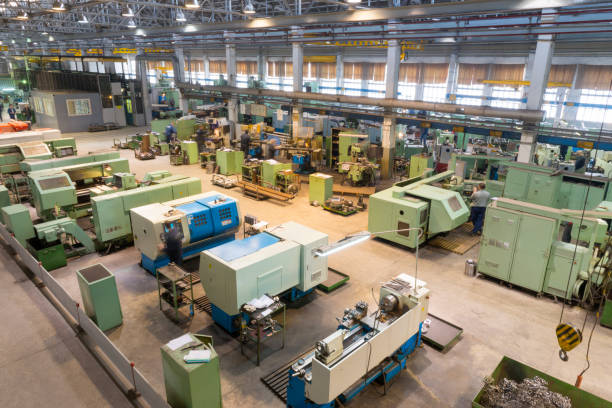How Long Does It Take to Become a CNC Operator?
The journey to becoming a CNC (Computer Numerical Control) operator is an exciting path that combines technical skill, precision, and creativity. For those considering this career, one of the most common questions is: how long does it take to become a CNC operator? The answer can vary depending on several factors, including educational background, training programs, and individual aptitude. In this comprehensive guide, we’ll explore the various routes to becoming a CNC operator and the time investment required for each.
Understanding the Role of a CNC Operator
Before delving into the timeline, it’s crucial to understand what a CNC operator does. CNC operators are skilled professionals who work with computer-controlled machines to produce precision parts and components. Their responsibilities typically include:
- Setting up CNC machines for production runs
- Loading and running CNC programs
- Monitoring machine operations and making adjustments as needed
- Performing quality control checks on finished parts
- Basic maintenance and troubleshooting of CNC equipment
The role requires a unique blend of technical knowledge, attention to detail, and problem-solving skills.
Educational Pathways to Becoming a CNC Operator
There are several educational routes one can take to become a CNC operator, each with its own timeline:
1. High School Diploma or GED (4 years)
The minimum requirement for entry-level CNC operator positions is typically a high school diploma or equivalent. During high school, aspiring operators should focus on:
- Mathematics (especially geometry and trigonometry)
- Computer science
- Technical drawing or drafting
- Physics
- Shop or vocational classes (if available)
Timeline: 4 years (standard high school duration)
2. Vocational Training Programs (6 months to 2 years)
Many technical schools and community colleges offer vocational training programs specifically designed for CNC operation. These programs provide hands-on experience with CNC equipment and cover topics such as:
- CNC machine operation
- Blueprint reading
- Metrology (precision measurement)
- Basic CNC programming
- Safety procedures
Timeline: 6 months to 2 years, depending on the program intensity and level of certification
3. On-the-Job Training (3-12 months)
Some employers offer on-the-job training for entry-level CNC operators. This approach allows individuals to learn while earning a paycheck. Training typically includes:
- Machine setup and operation
- Safety protocols
- Quality control procedures
- Company-specific processes and standards
Timeline: 3-12 months, depending on the complexity of the machinery and company requirements
Factors Affecting the Learning Curve
The time it takes to become a proficient CNC operator can vary based on several factors:
- Prior experience: Those with a background in manufacturing or mechanical work may pick up CNC skills more quickly.
- Natural aptitude: Some individuals may have a natural talent for spatial reasoning and technical problem-solving.
- Quality of training: The effectiveness of educational programs and on-the-job training can significantly impact learning speed.
- Complexity of machines: Learning to operate advanced multi-axis CNC machines may take longer than mastering simpler 3-axis machines.
The Role of Advanced Equipment in CNC Operation
Understanding and operating advanced CNC equipment is a crucial part of an operator’s skill set. For instance, working with high-performance spindles like the 24000RPM 3KW ER20 Water-Cooling Spindle requires specialized knowledge and experience.

A 24000RPM 3KW ER20 Water-Cooling Spindle, crucial for advanced CNC operations
Mastering the use of such equipment can take additional time but greatly enhances an operator’s capabilities and value in the industry.
Stages of CNC Operator Proficiency
The journey to becoming a proficient CNC operator can be broken down into several stages:
- Novice (0-3 months): Basic understanding of CNC concepts and safety procedures.
- Beginner (3-6 months): Ability to operate simple CNC machines under supervision.
- Intermediate (6-12 months): Capable of operating standard CNC machines independently.
- Advanced (1-2 years): Proficient in operating various CNC machines and basic troubleshooting.
- Expert (2+ years): Master-level skills, including optimizing processes and mentoring others.
Certification and Professional Development
Obtaining industry certifications can enhance a CNC operator’s credentials and demonstrate expertise. Some popular certifications include:
- NIMS (National Institute for Metalworking Skills) Certifications
- CNC Operator Certification
- Certified Manufacturing Associate (CMfgA)
These certifications typically require a combination of work experience and passing an exam, which can add to the overall time investment but significantly boost career prospects.
The Importance of Continuous Learning
The field of CNC machining is constantly evolving, with new technologies and techniques emerging regularly. Continuous learning is essential for CNC operators to stay current and advance their careers. This may include:
- Advanced CNC programming courses
- CAD/CAM software training
- Multi-axis machining techniques
- Specialized industry applications (e.g., aerospace, medical devices)
The Role of Specialized Tools in CNC Operation
As CNC operators progress in their careers, they often work with increasingly specialized and advanced tools. For example, high-precision operations might require the use of a 24000RPM 5.5KW ER25 Water-Cooling Spindle. Mastering such equipment adds another layer to an operator’s skill set.

A high-performance 24000RPM 5.5KW ER25 Water-Cooling Spindle for advanced machining operations
Learning to work with these advanced tools can extend the learning curve but also opens up opportunities for more complex and high-value projects.
Career Progression for CNC Operators
As CNC operators gain experience, they may choose to specialize in certain areas or advance to leadership roles. This progression can influence the ongoing learning journey:
- CNC Programmer: Creating and optimizing CNC programs (additional 1-2 years of training).
- Quality Control Specialist: Focusing on ensuring precision and compliance with specifications (6-12 months of specialized training).
- Production Supervisor: Overseeing CNC operations and team management (2-3 years of experience plus leadership training).
- CNC Instructor: Teaching and mentoring new operators (3-5 years of experience plus teaching certification).
The Impact of Industry on Learning Time
The industry in which a CNC operator works can significantly affect the learning curve and specialization time:
- Aerospace: Requires extremely high precision and may involve working with exotic materials.
- Medical Devices: Demands strict adherence to regulations and often involves complex, small-scale parts.
- Automotive: May focus on high-volume production and efficiency.
- Prototyping: Requires quick adaptation to new designs and materials.
Specializing in a particular industry can add 6-12 months to the learning process but can lead to higher-paying and more specialized roles.
The Role of Technology in CNC Operator Training
Advancements in technology are changing how CNC operators learn and work:
- Virtual Reality (VR) Training: Allows for safe, immersive learning experiences.
- Simulation Software: Enables practice without the risk of damaging expensive equipment.
- Online Learning Platforms: Provide access to a wide range of courses and resources.
- AI-assisted Machining: Introduces new concepts that operators need to understand and work with.
While these technologies can accelerate certain aspects of learning, mastering them adds another dimension to the skill set required of modern CNC operators.
The Importance of Hands-On Experience
While theoretical knowledge and simulated training are valuable, there’s no substitute for hands-on experience with actual CNC machines. This is where aspiring operators truly hone their skills and develop the intuition needed for efficient operation and troubleshooting.
Working with various types of CNC equipment, from basic 800W ER11 Air-Cooled Spindles to more advanced models, provides a well-rounded skill set.

An 800W ER11 Air-Cooled Spindle, ideal for learning basic CNC operations
Gaining proficiency across a range of equipment can add time to the learning process but significantly enhances an operator’s versatility and value in the job market.
Soft Skills for CNC Operators
While technical skills are crucial, soft skills also play a significant role in a CNC operator’s success and career progression. Developing these skills can take time but is essential:
- Communication: Ability to effectively convey technical information to colleagues and supervisors.
- Problem-solving: Quickly identifying and resolving issues during the machining process.
- Attention to detail: Ensuring precision and quality in all aspects of work.
- Teamwork: Collaborating with designers, engineers, and other operators.
- Adaptability: Embracing new technologies and methods as they emerge.
Career Outlook for CNC Operators
The career outlook for CNC operators is generally positive, with steady demand in manufacturing industries. According to the U.S. Bureau of Labor Statistics, the employment of computer numerically controlled tool operators is projected to grow 6 percent from 2020 to 2030.
Factors contributing to this growth include:
- Advancements in CNC technology
- Increasing automation in manufacturing
- Demand for precision parts in industries like aerospace and medical devices
FAQs About Becoming a CNC Operator
1. Can I become a CNC operator without formal education?
While it’s possible to start as an entry-level operator without formal education, most employers prefer candidates with at least a high school diploma and some vocational training. On-the-job training is common, but having a basic understanding of machining principles is beneficial.
2. What’s the fastest way to become a CNC operator?
The fastest route is typically through an intensive vocational program combined with an entry-level position. This can get you started in the field in as little as 3-6 months, though becoming fully proficient will take additional time and experience.
3. How important is math in becoming a CNC operator?
Math is crucial in CNC operation. Strong skills in geometry, trigonometry, and basic algebra are essential for understanding machine programming, reading blueprints, and performing necessary calculations. The better your math skills, the quicker you’re likely to progress in your training.
4. Is it necessary to learn manual machining before CNC operation?
While not strictly necessary, having a background in manual machining can be beneficial. It provides a strong foundation in the principles of machining and can help you understand the CNC process more deeply. Many experts recommend starting with manual machining if possible.
5. How often do CNC operators need to update their skills?
CNC technology evolves rapidly, so continuous learning is essential. Most operators engage in some form of skill update or new technology training every 1-2 years to stay current with industry advancements.
Conclusion
The journey to becoming a CNC operator is a rewarding one that combines technical skill, precision, and problem-solving. While the basic skills can be acquired in as little as 3-6 months through intensive programs, truly mastering the craft often takes 1-2 years of hands-on experience and continuous learning.
The time investment required to become a CNC operator varies based on the educational path chosen, individual aptitude, and the specific requirements of the industry or specialization. A high school graduate can enter the field relatively quickly through vocational training or on-the-job training, while those pursuing more comprehensive education may spend 1-2 years in formal training before fully entering the workforce.
It’s important to remember that becoming a CNC operator is not just about the initial training period. It’s a career that requires ongoing learning and adaptation to new technologies and techniques. The most successful CNC operators are those who embrace this continuous learning process and stay curious about advancements in the field.
For aspiring CNC operators, the key is to choose a path that aligns with your goals and learning style. Whether you opt for formal education, vocational training, or on-the-job learning, the most important factors are dedication, practical experience, and a willingness to continuously improve your skills.
The field of CNC machining offers a dynamic and rewarding career path for those willing to invest the time and effort to master it. With the increasing demand for precision manufacturing across various industries, skilled CNC operators are likely to find abundant opportunities for growth and specialization in the years to come.
Remember, the journey to becoming a CNC operator is not just about reaching a destination; it’s about embracing a career of continuous growth and innovation. The time you invest in learning and perfecting your craft will pay dividends in job satisfaction, career opportunities, and the pride of creating precision components that play crucial roles in countless industries.

